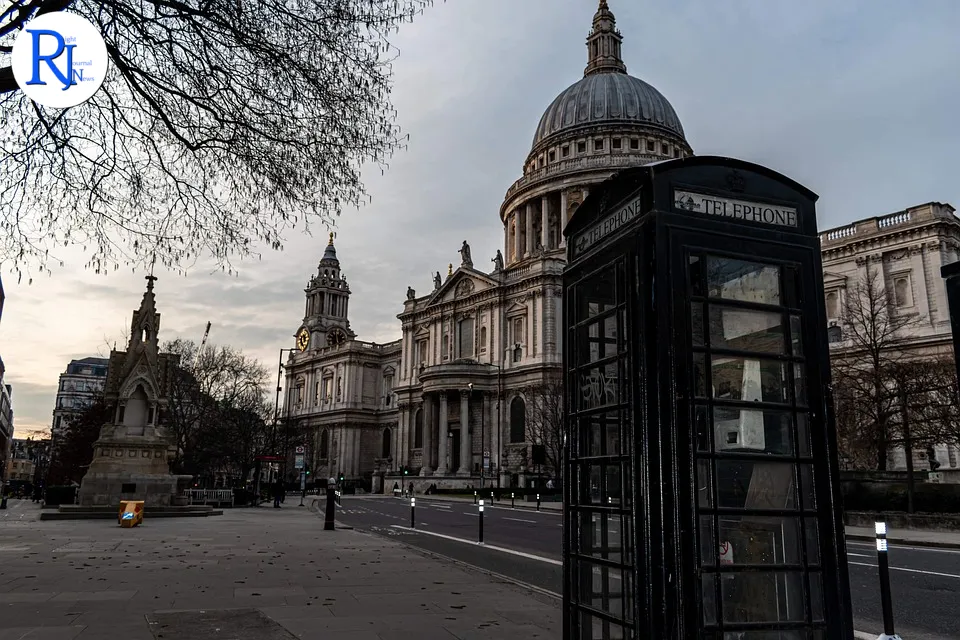Inner London councils are set to face a significant reduction in central government funding following a major policy overhaul aimed at redistributing resources across England. The move, announced in a recent government report, aims to address financial disparities between urban and rural areas. Key figures in the government argue that the rebalancing is necessary to ensure fairer distribution of funds. However, critics warn that the new funding formula could negatively impact services in some of the capital’s most deprived areas.
The report, published on Thursday, outlines plans to redistribute government funds that have traditionally favoured urban centres like Inner London. The government contends that rural areas have been underfunded for years and that the new approach will rectify these imbalances. The shift is part of a broader strategy to level up the economic playing field across the country, a cornerstone of the current government’s policy agenda.

Redistribution Sparks Concern Among London Councils
Inner London councils, known for their high population densities and diverse communities, express concern over the impending funding cuts. Many argue that the unique challenges faced by urban areas, such as higher living costs and greater demand for social services, necessitate continued financial support. The London Councils group, representing the capital’s local authorities, has voiced apprehension that the funding decrease could lead to cutbacks in essential services, affecting education, healthcare, and housing.
A spokesperson for the London Councils stated, “While we understand the need for equitable distribution of funds, it’s crucial that the unique needs of Inner London are not overlooked. Our communities rely heavily on the support provided by central government funding, and any reduction could have serious implications.”
Government Justifies Funding Rebalance
In response to the backlash, government officials maintain that the reallocation of funds is a necessary step towards addressing long-standing inequalities. The Ministry of Housing, Communities and Local Government (MHCLG) argues that the current funding model disproportionately benefits urban areas at the expense of rural communities. By adjusting the formula, the government aims to ensure that all regions receive appropriate financial support based on their specific needs.
An MHCLG spokesperson explained, “This funding rebalance is about fairness. For too long, rural areas have been left behind. Our new approach ensures that every community, regardless of location, receives the support it needs to thrive. We are committed to working with all local authorities to manage this transition effectively.”
Economic Implications and Expert Opinions
Economists and policy analysts have weighed in on the potential economic implications of the funding rebalance. Some experts argue that while the redistribution may benefit rural areas, it could also exacerbate existing economic challenges in urban centres. The reduction in funding for Inner London could lead to increased pressure on public services, potentially resulting in higher taxes or reduced service provision.
Dr Sarah Thompson, an economist specialising in public policy, commented, “The government’s intention to level the playing field is commendable, but it’s important to consider the broader economic impact. Urban areas like Inner London face unique challenges that require substantial funding. A careful balance must be struck to ensure that all regions can prosper without sacrificing essential services.”
Potential Impact on Public Services
The potential reduction in funding has raised concerns about the impact on public services in Inner London. Local authorities fear that decreased financial support could lead to cuts in critical areas such as education, healthcare, and social services. Schools, hospitals, and community centres, already under pressure from budget constraints, may struggle to maintain service levels without adequate funding.
Councillor Emily Roberts, representing a central London borough, expressed her concerns: “Our communities depend on the services we provide. Any reduction in funding will have a direct impact on the quality of life for residents. We urge the government to reconsider the distribution model and ensure that Inner London receives the support it needs.”
Looking Ahead: Balancing Fairness and Necessity
As the government moves forward with its funding rebalance, the challenge lies in balancing fairness with necessity. While rural areas stand to gain from increased financial support, the unique demands of urban centres like Inner London must also be addressed. Ensuring that all regions receive adequate funding is crucial to maintaining the overall health and prosperity of the nation.
The coming months will be critical as local authorities and the government work together to implement the new funding model. Both sides will need to engage in constructive dialogue to address concerns and find solutions that meet the diverse needs of communities across England. As the debate continues, the focus remains on achieving an equitable distribution of resources that supports growth and development for all.

